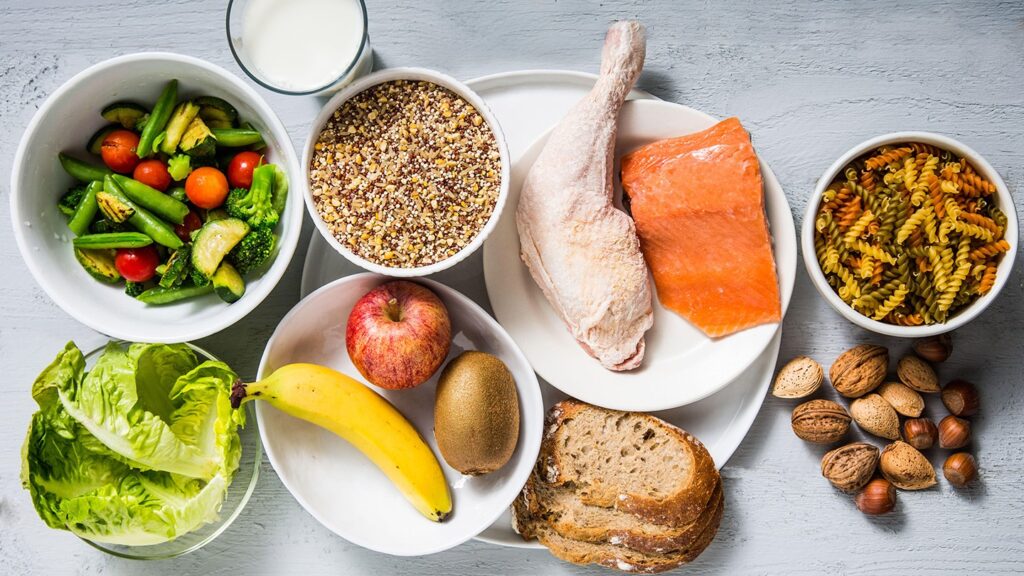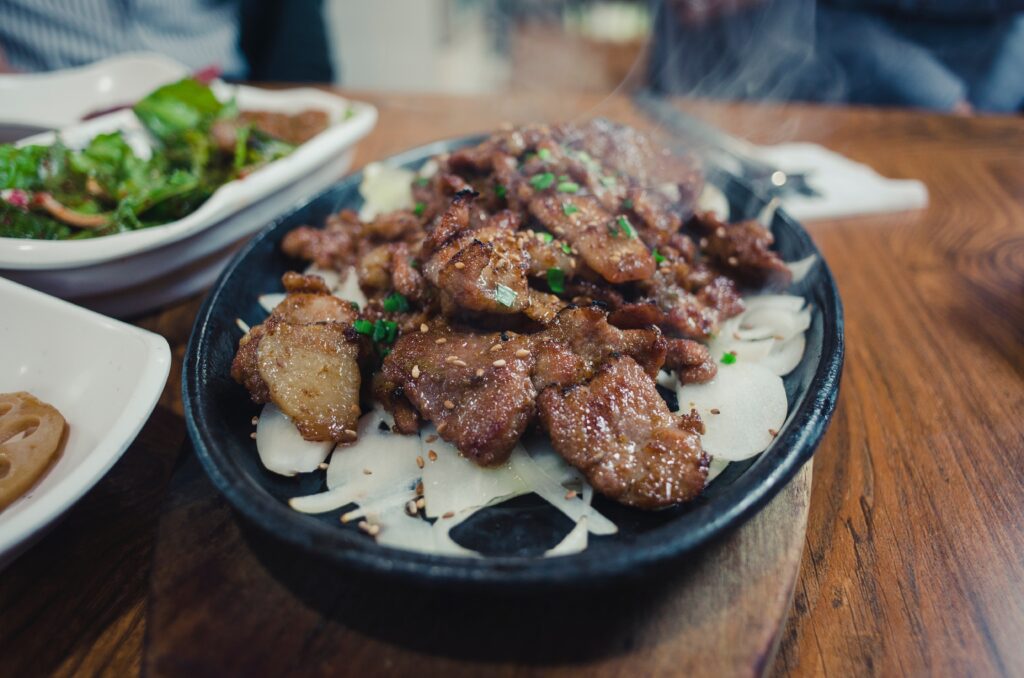
Dialysis diet is recommended to individuals who undergo either hemodialysis or peritoneal dialysis. In this article, we shall discuss do\’s and dont\’s for patients undergoing hemodialysis as it is the form of dialysis that is widely performed in India. Hemodialysis diet is different from a general diet in the following ways, it is:
- lower in salt
- lower in fluids
- higher in proteins
- lower in potassium
- lower in phosphate
Do\’s to be kept in mind for hemodialysis diet:
-
For salt restriction:
- Prefer iodized salt (and not low-sodium salts) in daily cooking
- Prefer adding salt after portioning out the amount needed for the patient. Adding salt in bulk may lead to overconsumption of salt
- To make food tastier, instead of adding extra salt or chaat masala; add salt alternatives like few drops of lemon/ vinegar/ kokam/ amchur powder/ ginger/ garlic/ mint leaves/ onion powder/ garlic powder/ mint powder (to know more about salt alternatives, click here
- Remember, any trace of swelling on your feet or face may indicate extra intake of salt intake
-
For fluid restriction:
- Prefer drinking water from measured bottle only
- Prefer taking your pills long with your milk/ tea. This way you can save water (to know more about tips on fluid restriction.
- Drink milk/ tea in smaller cups and remember to add it to your daily fluid intake
- Consider all food items that are fluids at room temperature like curd/ ice-creams, etc into your daily fluid calculation
- Prefer drinking warm water as compared to water at room temperature/ chilled water (as Mumbai has more humidity, due to which you may tend to drink excess water if you are taking water at room temperature/ chilled water)
-
For higher proteins:
- Prefer eating high biological value proteins but with lower fluid content like eggs/ fish/ leaner cuts of chicken/ paneer/ soya chunks/ soya granules/ tofu, etc (to know more about high biological value proteins.
- You may also prefer cereal and pulse combination like idli/ dosa/ khichdi/ paneer chapati/ veg paneer paratha/ veg paneer paratha, etc as they increase the biological value of the vegetarian sources of proteins
-
For lower potassium:
- Prefer low potassium cereals, vegetables, fruits, dals/ pulses as advised by your Renal Dietitian
- Prefer potassium lowering techniques as advised by your Renal Dietitian.
-
For lower phosphate:
- Prefer protein sources with lower phosphate like egg whites
Dont’s to be kept in mind for hemodialysis diet:
-
For salt restriction:
- Do not use any salt substitutes (especially low-sodium salts) like sindhav salt/ rock salt/ pink salt
- Do not add salt to chapatis/ parathas/ plain rice/ curd/ salads
- Do not prefer pickles/ papads/ jams/ jellies/ salted butter/ sauces
- Do not prefer salted wafers/ chips/ chivdas/ farsans/ etc
- Avoid salted nuts, mouth freshners, etc
-
For fluid restriction:
- Do not prefer thin liquids like rasam/ dal water/ moong paani/ kanji (pej), etc. as they provide very little nutrients and just excess fluid
- Do not prefer soups/ juices/ cold drinks/ sherbats/ colas/ ice-golas/ ice-creams, etc. in short everything that is fluid at room temperature
-
For higher proteins:
- Do not prefer excess milk and liquid milk products like buttermilk (chaach)/ lassi, etc
- Do not prefer red meat products or organ meats like liver, kidney, brains, etc
-
For potassium restriction:
- Do not prefer coconut based items like coconut water/ coconut chutney/ coconut based gravies/ laddos, etc
- Do not prefer nuts and oilseeds
- Do not prefer kadhas (for eg: giloy based/ neem based kadhas, etc)/ pastes (pastes made from herbs, spices, etc)/ powders/ churans (for eg: avla powder/ neem powder, etc)
-
For lower phosphate:
- Do not prefer cold drinks and colas
- Do not prefer items with food additives especially breads, biscuits, cakes, pastries, commercially available processed foods
- Do not prefer foods with artificial flavors and colors


